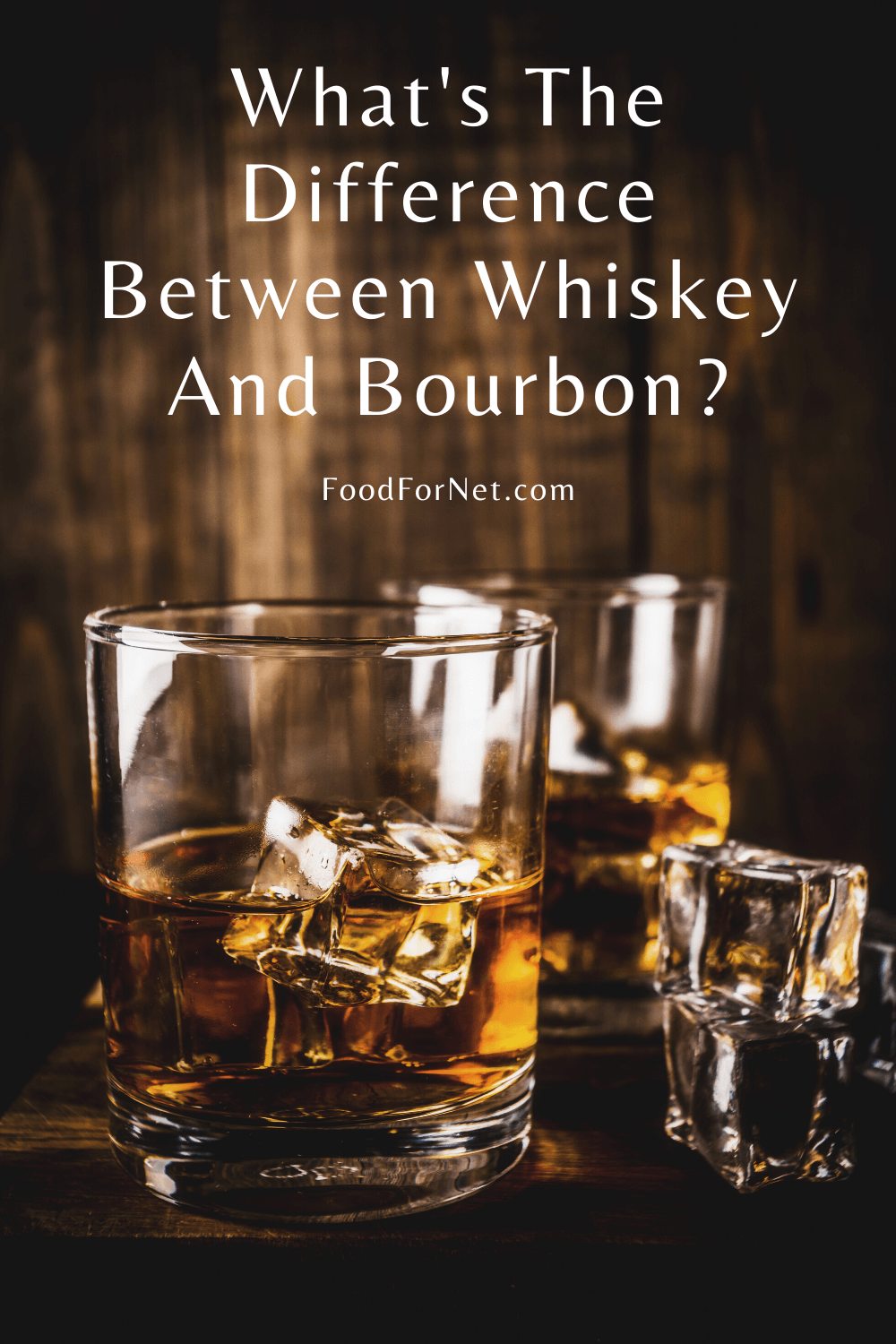
Whiskey and Bourbon are distilled spirits that are great for a lot of occasions. Be it at parties, dinners, or just a night out with friends, these two beverages can really lighten up the “spirits” of anyone that drinks them. But oftentimes, people consider bourbon and whiskey as one and the same – after all, they’re both whiskeys, right?
Well, yes, and no. To understand the differences between both whiskey and bourbon, we’ll need to take a look at the history of both liquors, the way they’re made, and what they are considered as today.
Buckle up, because we’re about to give you a short history lesson on what makes whiskey so different from bourbon, despite both belonging to the whiskey family.
Difference Between Whiskey and Bourbon
History and Origins of Whiskey
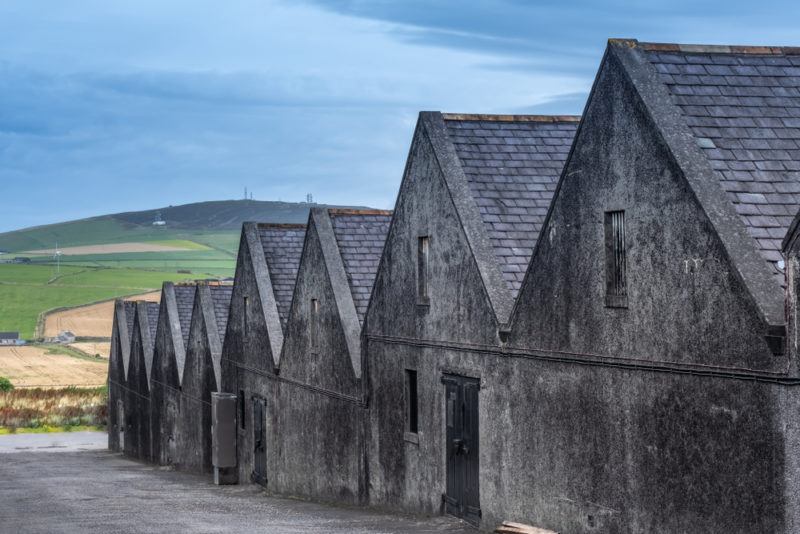
To understand where both the similarities and differences between whiskey and bourbon begin, we’ll first need to take a look at how they came to be. This means going way back to the first recorded instances of bourbon and whiskey. You can skip this part if you’d like, but it’s an interesting read for those curious about the history of spirits and distillation as a whole.
Way back in 2nd Millenium BC, it is speculated that the Babylonians Mesopotamia first discovered and then practiced the process of distillation. Now, if you know your history, then this isn’t that far of a stretch – after all, the Babylonians were one of if not the most advanced civilizations at the time. However, there is no clear evidence as to the certainty of this theory, and therefore they cannot be credited with inventing the distillation process.
Fast forward to 1st century AD, though, and we see the first true recorded instance of distillation
In modern civilization. The Greeks of Alexandria used distillation for certain chemicals, but it wasn’t until the 13th century that the first recorded instances of distilling alcohol were found in Italy. As you might have guessed, the Italians at the time used their wine and distilled it into alcohol. It wasn’t consumed as a drink, though – the alcohol was largely used for medicinal purposes in monasteries.
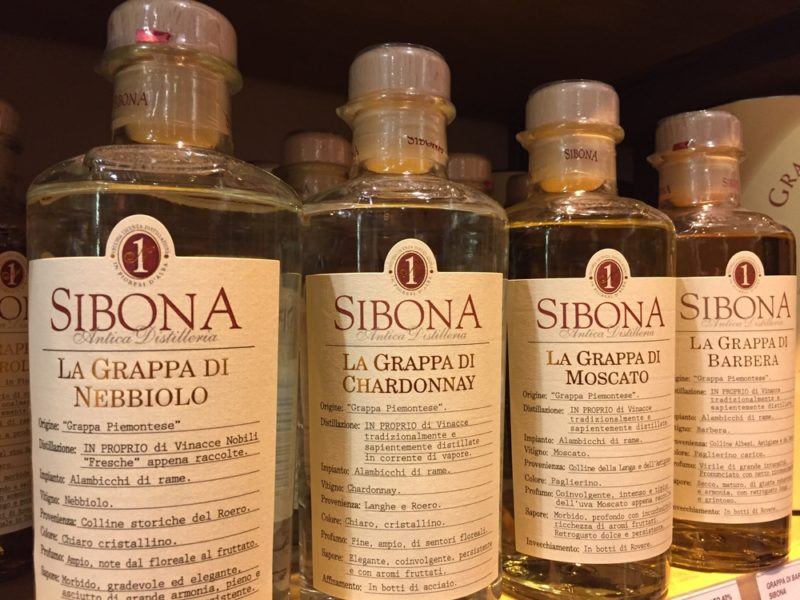
After a while, the art of distillation spread throughout Europe. First, it arrived in Scotland in the 15th century, then Ireland in the 17th. This marked the beginnings of the famous Scotch whisky so coveted by many today. In less than a century, the Scottish people already loved distilling alcohol. They began using malt to make whisky as early as the year 1494.
Even the kings of Scotland took a fancy for the local whisky. But the production was monopolized by monasteries that kept the secrets to themselves. It wasn’t until King Henry VIII of England’s decree in 1536 that dissolved monasteries, opening production of whisky to the public. This allowed farms and independent monks to earn money too.
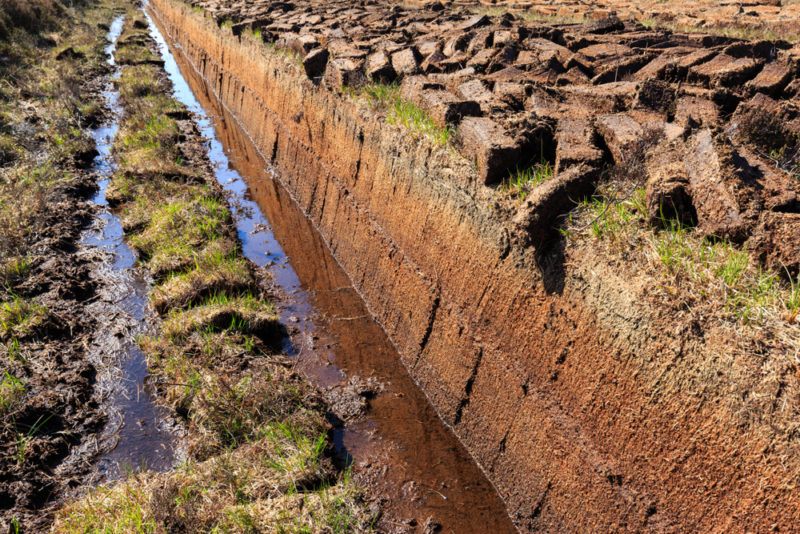
During 1707, Scotland and England merged thanks to the Act of Union, which skyrocketed the prices of whisky. This, combined with the English Malt Tax of 1725, forced many distilleries to either go underground or close outright. The illegal distilleries made whisky under the cover of night to hide the smoke they produced, which led to the coining of the term “moonshine”.
Whisky then spread all over the world. It became a currency in America during the American Revolution. In India, whiskey was first introduced by the British colonies in the 19th century. It was this global spread of whiskey that brought about the creation of bourbon.
History and Origins of Bourbon
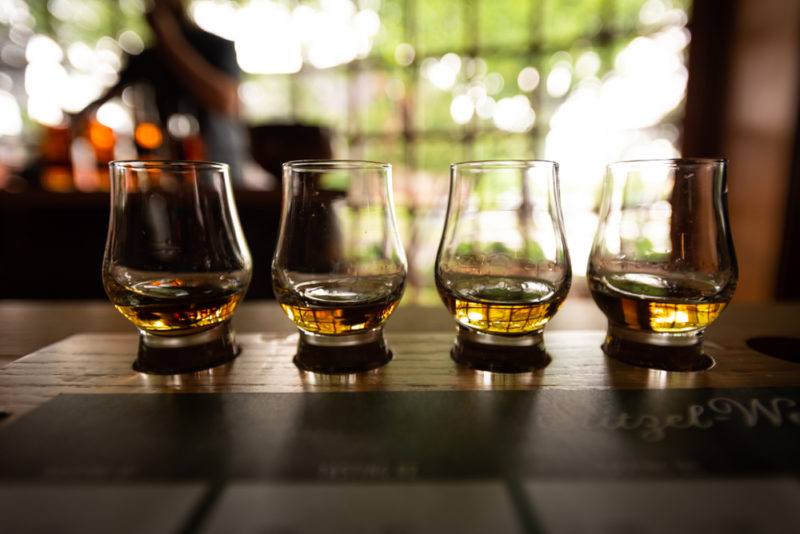
Bourbon was invented a lot later than “general” whiskey. The first recorded instance of Bourbon whiskey was in 18th century Kentucky, where settlers from Scotland, Ireland, England, and other European countries lived in. No one really knows the origin of bourbon as a different form of whiskey altogether, as its birth was not well documented.
There are a few legends that explain how Bourbon was created. One credited its creation to a Baptist minister, while another mentions Jacob Spear as the first distiller to invent Bourbon. It is speculated, however, that multiple distilleries could have easily been behind the invention of Bourbon, as all whiskey needs are any type of grain to distill.
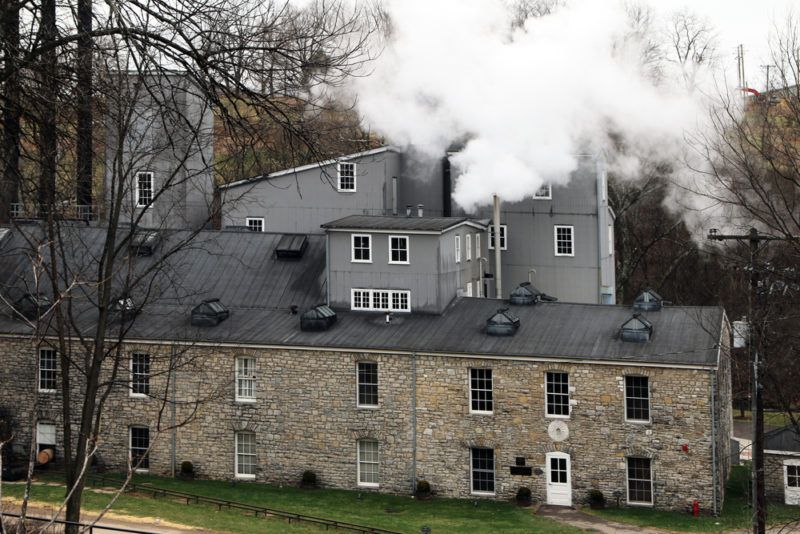
The name “Bourbon” actually comes from Bourbon county, the place where Bourbon whiskey is said to have originated from. The irony surrounding all this, though, was that the Prohibition prevented any distillery from operating in Bourbon county from 1919 to 2014 – a total of 95 years.
Over time, Bourbon whiskey became such an iconic whiskey in the U.S. that Congress designated bourbon as a “distinctive product of the United States”. To this day, federal regulation defines bourbon whiskey as bourbon produced solely in the United States. So while there are definitely different types of bourbon, distilleries only reserve the term “bourbon” for products made in the United States.
Now that we know where these spirits come from, it’s time to explore the more technical side of things and compare the processes and ingredients behind whiskey and bourbon.
Ingredients And Process Of Making Whiskey
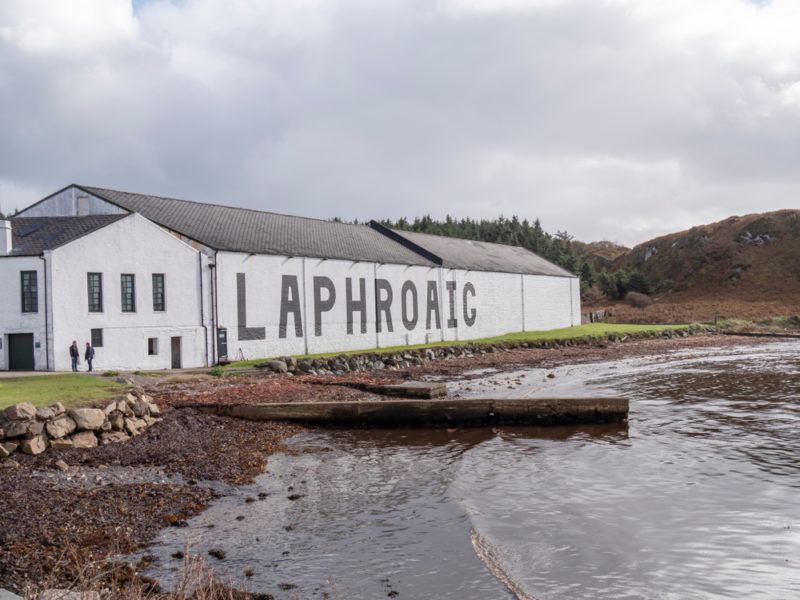
Whiskey is a spirit that’s made of fermented grain mash. There are different varieties of whiskey made from different kinds of grain, such as barley, wheat, rye, and corn. These grains are usually malted. The entire process of distilling, aging, and packaging whiskey varies greatly from distillery to distillery.
When it comes to distilling, distilleries use a still made out of copper as it removes any sulfur-based compounds in the alcohol. These compounds could potentially make the drink taste worse, and the copper helps get rid of that problem for the most part.
There are many different kinds of apparatus used to distill whiskey, although the simplest one is known as the pot still. The pot still has a heated chamber and a vessel to collect the alcohol purified through the process. Other forms of apparatus are still used to this day, though.
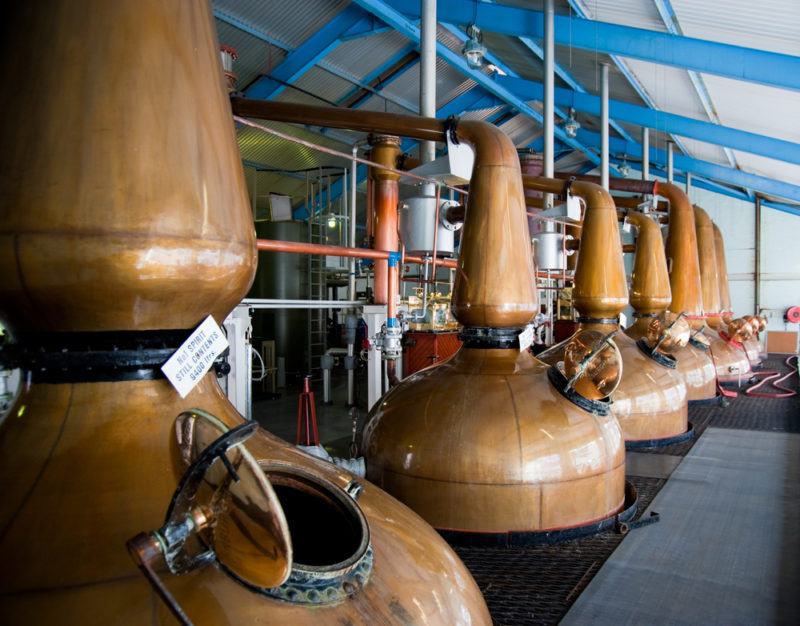
Now let’s talk about aging. Whiskey aging doesn’t occur in the bottle it’s packaged in – it only occurs in barrels, unlike other alcoholic drinks such as wine. Therefore, the age that’s labeled on the whiskey is the age between distillation and packaging or bottling.
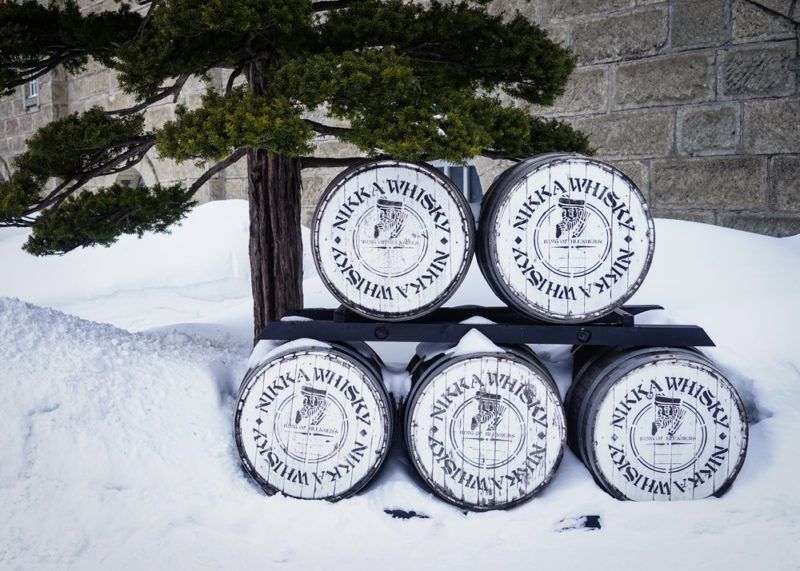
Aging doesn’t necessarily mean better whiskey. Just because a whiskey bottle has an age of 20 years doesn’t mean that it’s any better than a bottle at around 1 or 2 years old. T
he main reason aging is done in the first place is for the cask to interact and affect the flavor of the whiskey, so it all boils down to personal preference rather than objective criteria. It also smooths out the “hot” elements of alcohol, and concentrates as water evaporates over time, so you get a stronger, smoother drink, which is why aged whiskey tends to be more expensive.
Ingredients And Process Of Making Bourbon

Because bourbon is technically a variant of whiskey, many of the processes involved in producing bourbon are similar or exactly the same with how you’d make typical whiskey. There are a few stark differences though which make bourbon fundamentally different in certain aspects from whiskey.
For example, let’s take a look at the ingredients used. While whiskey can use just about any grain mash, bourbon primarily uses corn in the distillation process. Specifically, the mash bill must be at least 51% corn, with the other 49% being any other cereal grain. This legal definition guarantees that the bourbon is always made primarily of corn.
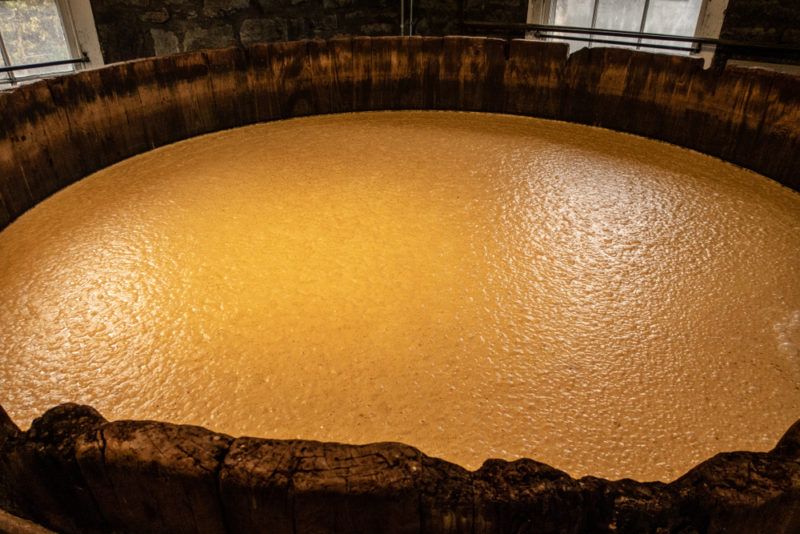
After procuring the corn, the distillery grinds the grain and mixes it with water.
Sometimes, the mash is then mixed with mash made in a previous batch to guarantee consistency across all batches. This process is known as the sour mash process – you can remember that easily since it’s similar to the process for making sourdough bread.
Most distilleries distill the mash into 65-80% alcohol using either a pot still or a continuous still. Today, the majority of distilleries use column stills instead of the pot still, as it can yield high vapor alcohol content than pot stills.
All bourbon (legally!) must be aged in charred, new oak whiskey barrels, though it doesn’t have a specific timeline for how long it needs to be aged. Some age for years, others for months. Actually, though not bourbon, some brands of whiskey “age” their spirits for just a few seconds.
Conclusion
So if there’s one thing to take away from this article, it’s these three guidelines – first, bourbon is a whiskey, but whiskey is not always a bourbon. Second, whiskey uses any grain available, whereas bourbon primarily uses corn.
Finally, whiskey is made all over the world, while bourbon is recognized as an American exclusive (Scotch whisky is only made in Scotland).
If you want to learn more about whiskey, Scotch, Bourbon, and other spirits, I recommend that you join a whiskey of the month club, and try a new brand or style of whiskey every month!


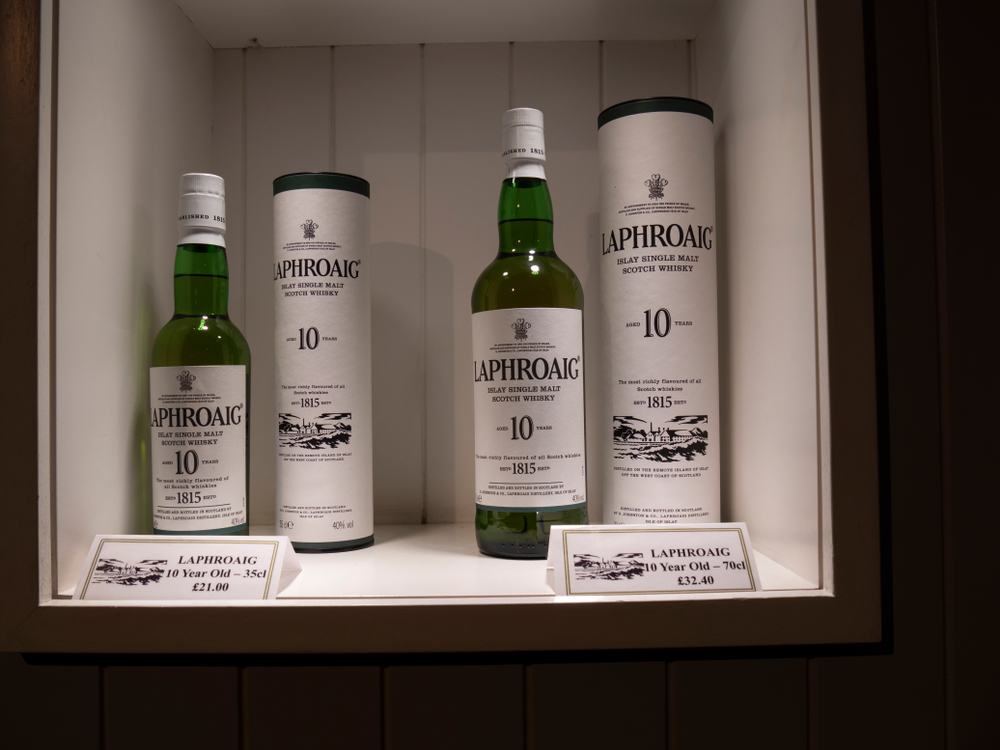




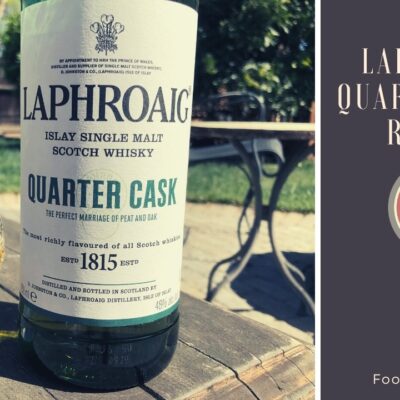



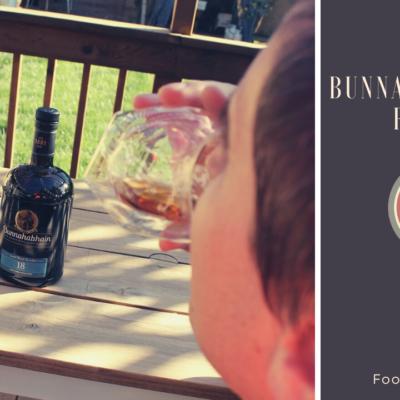




 7 Fudge of the Month Clubs, to Satisfy any Sweet Tooth
7 Fudge of the Month Clubs, to Satisfy any Sweet Tooth
Leave a Reply